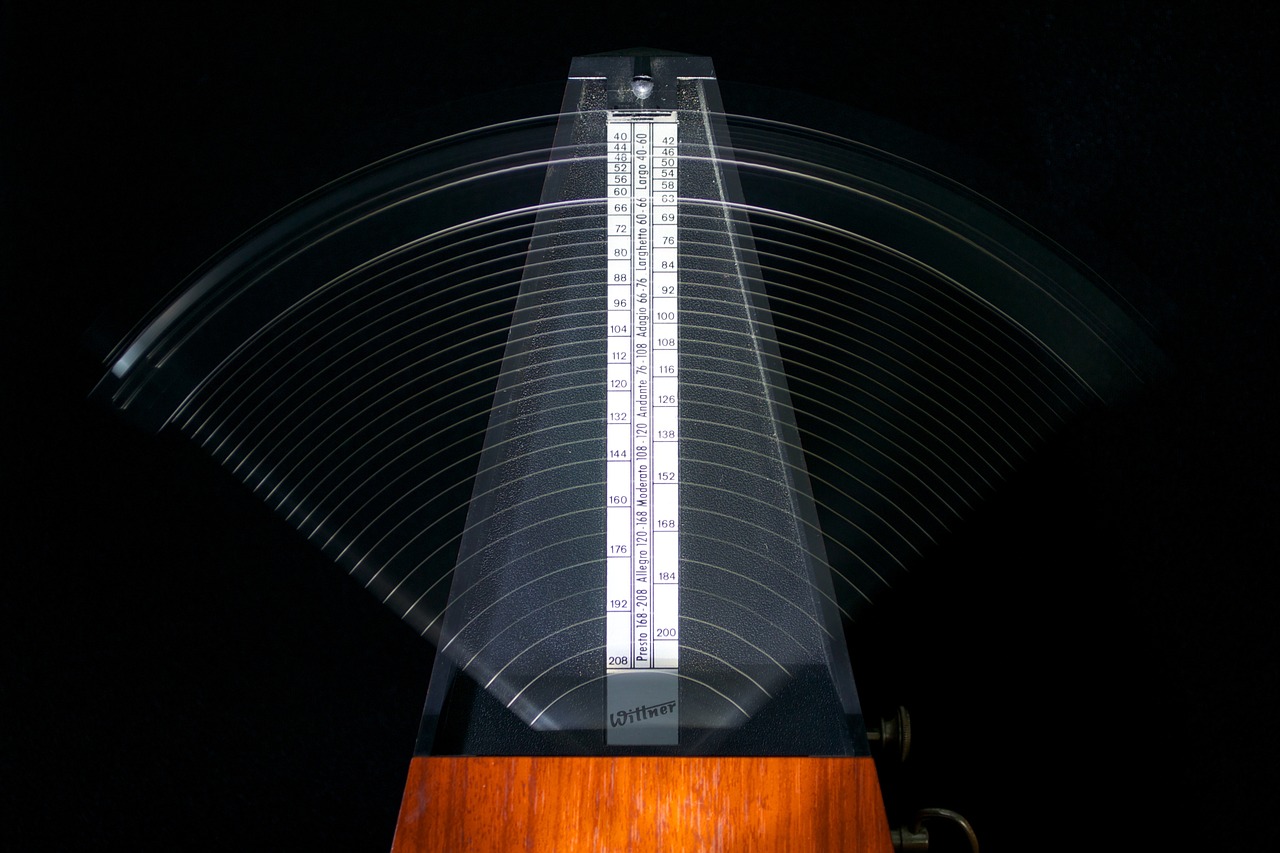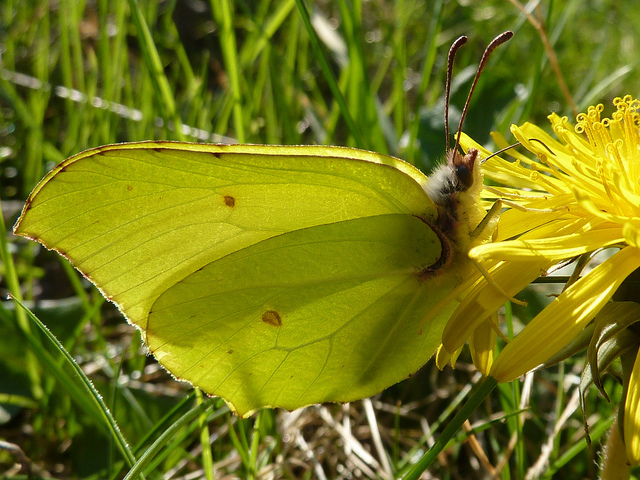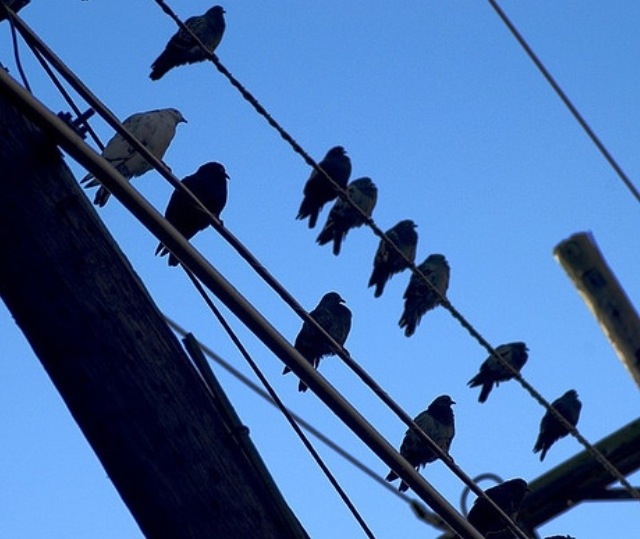Two really cool things that got my curiosity going recently…
Pendulum Waves
This I saw at the science centre in Newcastle in the ‘Do Try This At Home’ show using pots and pans. It was one of the most beautiful things I have ever, ever seen! The whole audience was spellbound. I’ve made it a project to create one in the garden with tennis balls… Here is a video of the same experiment – keep watching!
“Fifteen uncoupled simple pendulums of monotonically increasing lengths dance together to produce visual traveling waves, standing waves, beating, and (seemingly) random motion.” Harvard Natural Science Lecture Demonstrations
Then searching around for instructions on how to set one up I saw that someone had created a pendulum wave with bowling balls – and hooked it up so the balls hit tubes and created sounds!! Brilliant!
Metronome Sways
Chatting about the pendulum wave to my colleague Martyn, he told me about the metronome synchronisation experiment. This is super cool – metronomes placed on a foam platform and set off at random eventually end up ticking at the same time. Amazing. This led to all sorts of conversations with scientific family members about buildings and bridges… … Read more...




